Live Healthier, Live Longer
Normally, a drug takes about an hour to take effect. So, if the drug is thrown out within one hour, it should be safe to repeat the dose. But it is best to ask your doctor first.
Some patients may experience nausea, diarrhoea and tiredness. These often become easier after the first few weeks. If your body regularly throws out the medicine soon after you have taken it, you must inform your doctor.
As of now, there are no such medicines for HIV infection. Therefore, it is important not to break or change the treatment. Try to look at the treatment as part of your daily routine - that is, one of those things which you do every day, like brushing your teeth - even when you are on vacation! Hence, always remember to carry your medicine with you when you are travelling.
This booklet will tell you more about how anti-HIV medicines work, and why you should take your medicines regularly. It assumes that you are aware of HIV infection and AIDS. If not, you may like to refer to another Cipla publication "Living with Hope" that gives basic information.
Your doctor may have discussed various aspects of your treatment with you. Please follow his/her advice faithfully. Be sure to ask your doctor any other questions that you may have about HIV/ AIDS and its treatment.
CD4 cells in our body's immune system help to protect the body from infections and diseases. HIV attacks these cells and multiplies within them, thus leading to their destruction. Over a period of time, the virus count in the body increases while the number of CD4 cells drops. As a result, the body loses its ability to fight infections and diseases as before. This leads to AIDS.
The medicines work by blocking the virus from multiplying, thus protecting the CD4 cells from destruction. In other words, the medicines:
- Keep the viral load low (i.e. lower the number of virus particles in blood).
- Keep the CD4 count at a healthy level.
Taking your medicines "regularly" means that you should:
- Take the correct prescribed dose of every medicine
- Take every dose at the correct time
- Take every dose in the right manner (with food, before food or after food as the doctor has advised).
Here are some other points you should note to get the full benefit of your treatment:
- Take only those anti-HIV medicines that your doctor has specifically prescribed for you also develop resistance. So your earlier medicines may not work at all
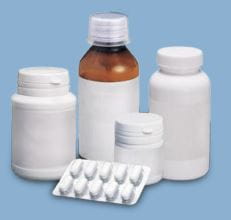
Most new anti-HIV medicines need to be taken twice a day. So you may not need to carry or take the medicines during the day.
However, there are still a few which need to be taken three times a day. You can carry them in a blank envelope or a plain container. In such cases, remember to mark the envelope or container correctly so that there is no confusion.
Remember that some medicines must be kept in their original container. A few need refrigeration. Otherwise, they may lose their effectiveness.
You must ask your doctor before you start any alternative therapy. Also, if you are already taking some other treatment, inform your doctor.
Try not to miss any dose. However, there is no need to feel guilty or panic if you miss a dose. What is important is to find out why it happened and prevent it from happening again.
Food interferes with the way some medicines are absorbed by the body. When the medicine is not absorbed properly, the concentration of the drug in blood will go down and it will not be as effective. That is why your doctor has given you specific instructions when you should take the medicine with regard to food.
If you are already halfway through your meal, you should ideally wait for at least two hours before you take the missed dose. However, you will need to check how close you are to the next dose. Again, always ask your doctor in case you need to change a dose in any way.
You should never stop or reduce the dose of your medicine without consulting your doctor.
Remember that once you are infected, the virus is never fully out of your system. What keeps it under control is the medicine. You feel better only because the virus does not have a chance to cause harm. When you stop the medicine, the virus will multiply and weaken your immune system. The virus may If another family member or a friend is taking anti-HIV treatment, you should not take their medicines. Your doctor decides the course of treatment for each individual. Taking another person's medicines can be dangerous.
- Be sure to tell your doctor if you are taking treatment for any other medical condition. Sometimes different types of medicines can interfere with each other.
- Do not miss appointments with your doctor.
Your doctor needs to keep a close check on your health and how well you respond to treatment. This enables the doctor to make timely changes to your therapy.
Use the following table to help you keep track of when and how to take your medicines:
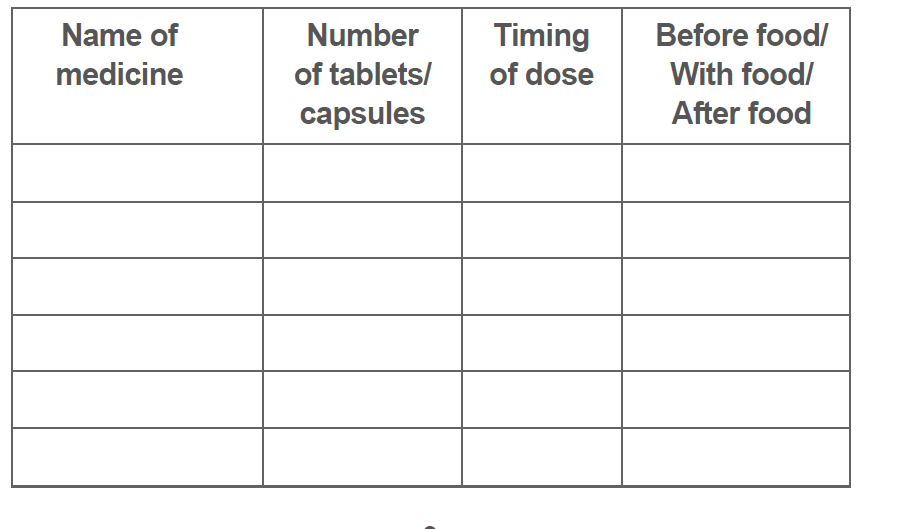
The treatment can succeed only when the amount of the drug in the blood is continuously kept at a level that effectively blocks the virus from multiplying.
If this level drops too often, two things happen.
- The virus starts multiplying rapidly again and destroys more CD4 cells. As a result, the viral load goes up while the CD4 count goes down.
- Worse, the virus develops resistance. This means that even when the amount of the drug goes up again, it will no longer be able to block the virus from multiplying.
The level will drop if you forget to take a dose or do not take one or several doses correctly. This can happen not only on account of missed doses but also because you failed to follow instructions about the timing of the dose in relation to food.
Research shows that successful therapy requires total (100 percent) faithfulness in following the treatment. If this falls below 95 percent, the treatment may not work. So if you forget or fail to take even six doses out of a 100 correctly, the treatment may not be effective.
Every patient may have different reasons. Apart from cost, the most common reasons are:
- "I forgot"
- "So many pills, I can't keep track of what to take when"
- "These medicines are causing side effects which I can't cope with"
- "I'm feeling better now, so I don't want to keep taking medicines"
- "It's embarrassing when other people see me taking medicines, they want to know why"
- "My medicines are over and I forgot to get more"
- "I want to try some non-allopathic medicine, but there's no point telling my doctor that"
Whatever be the reason in your case, it should be possible to find a solution. Talk to your doctor or counsellor.
These days, certain "combinations" are available which combine two or three anti-HIV drugs into a single tablet or capsule. So these are more convenient than taking multiple tablets/capsules.
If there is plenty of time before you need to take the next dose, take the missed dose right away. If it is very close to the time of the next dose, simply make sure that you take the next dose correctly. Do not double the next dose or change it in any way.




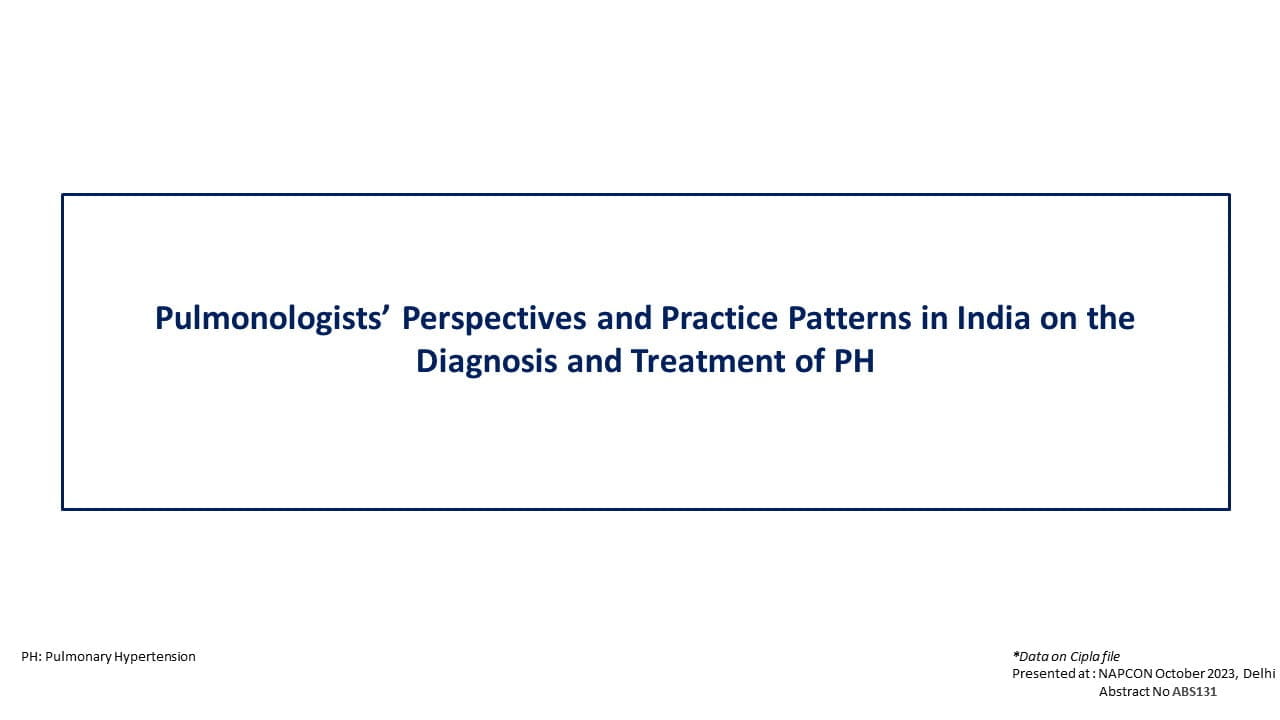
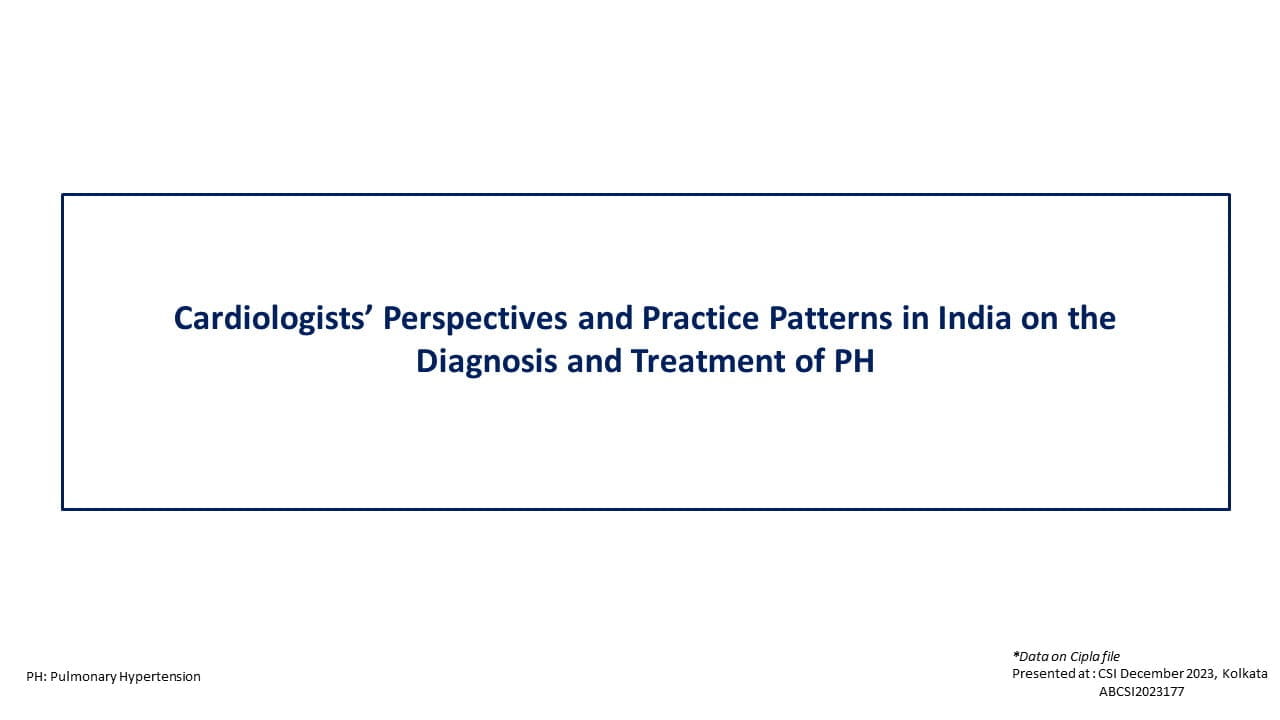
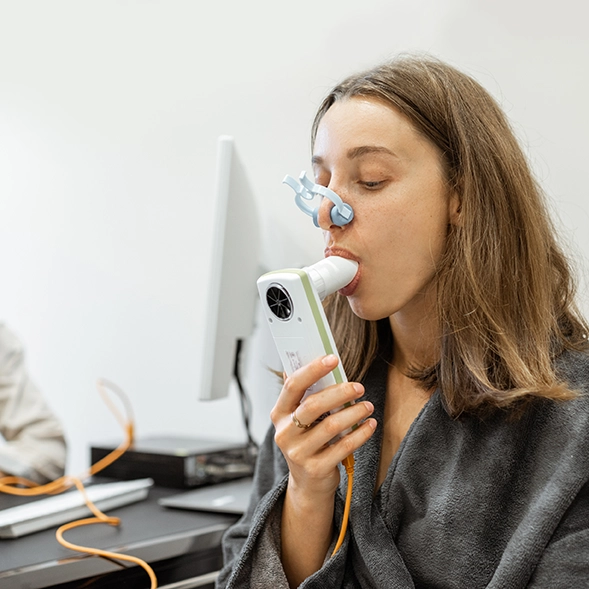

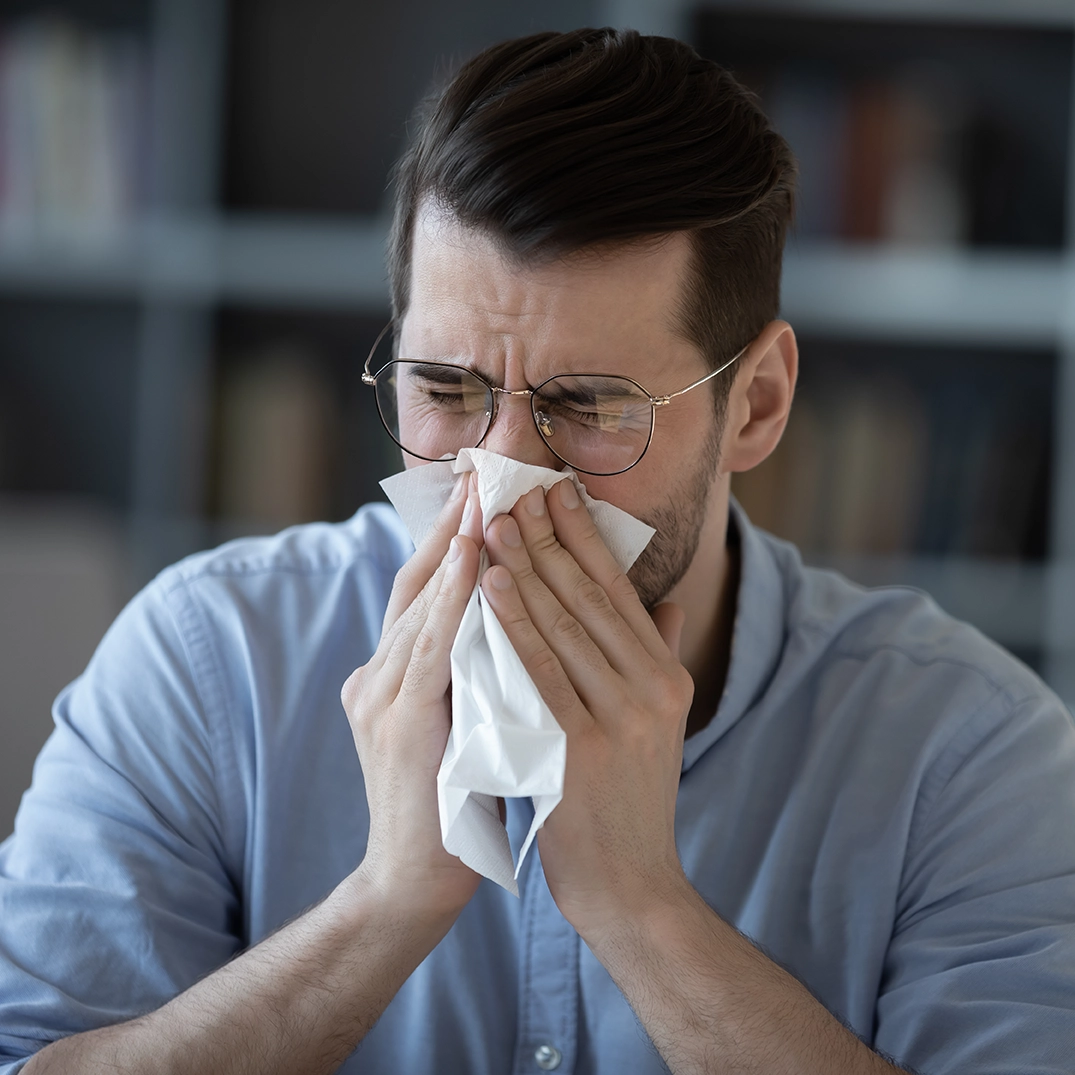
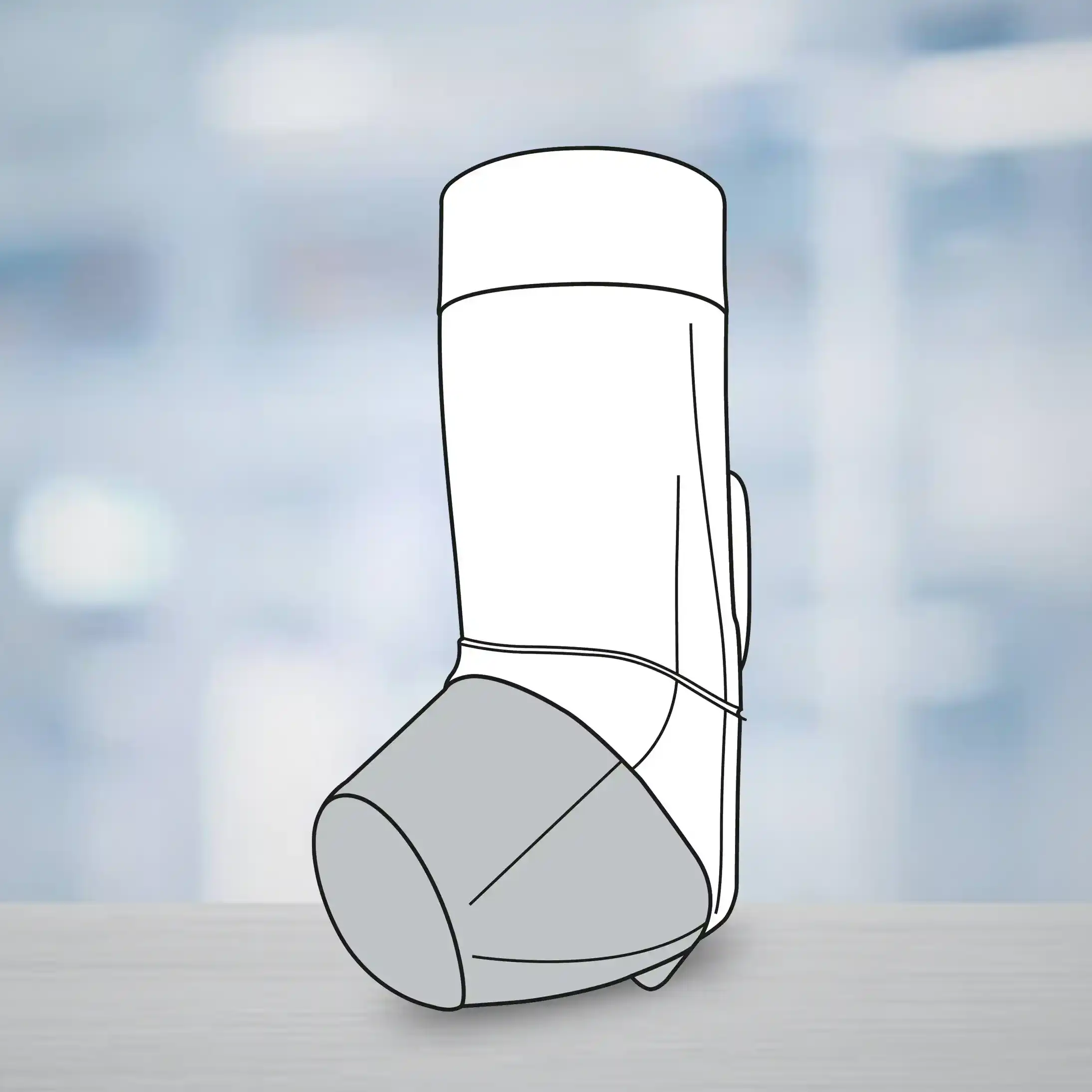
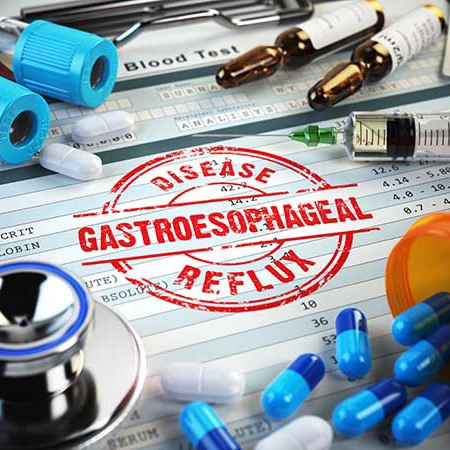

.webp?updated=20240527063817)